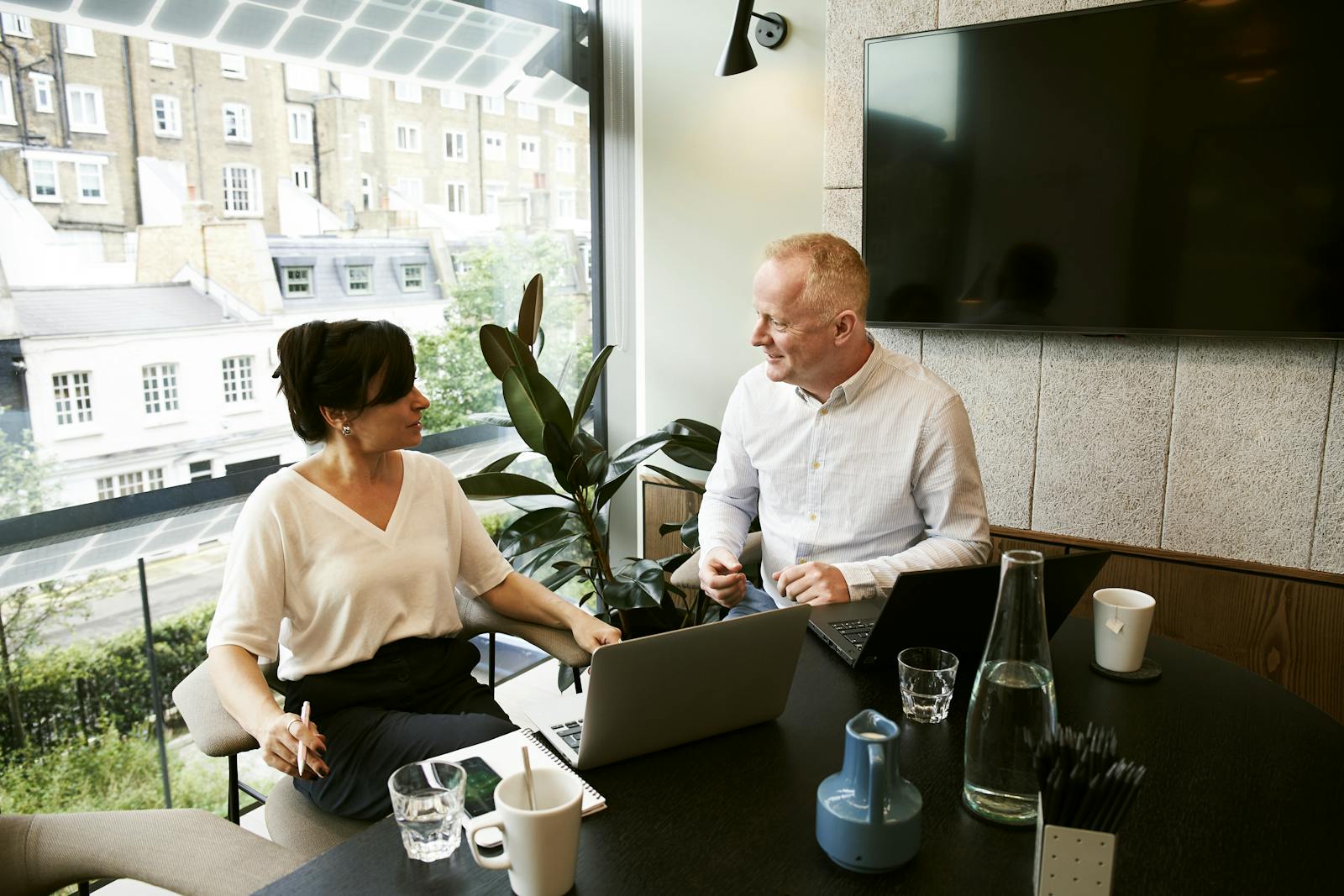As experienced divorce lawyers at Tampa Divorce Attorney, we know how confusing the mediation process can be for many people. That’s why we want to share clear and straightforward information about what mediation involves. In simple terms, mediation is a way to resolve conflicts without going to court, using a neutral third party to help both sides reach an agreement. Stick with us, and we’ll guide you through every step of this process, making it easier to understand and actually quite effective.
As stated in the American Bar Association, mediation is a voluntary process where a neutral third party helps disputing parties reach a mutual agreement. The mediator does not decide the case but facilitates communication. This process is private and confidential.
What is Mediation?
Mediation is a process where a neutral third party helps two or more parties resolve conflicts or disputes, often resulting in agreements that are faster and less costly than going to court.
When it comes down to it, the mediator helps the people involved talk to each other, encourages them to share what they need and want, and helps them find a solution that works for everyone. The aim is to find a fair outcome that everyone can agree on.
Mediation is a private and voluntary process, meaning each person can speak freely without being judged. The mediator doesn’t decide for them but helps them find common ground and work towards a solution that fits everyone’s needs. When it comes down to it, you can use mediation for different kinds of conflicts, like family issues, workplace problems, business disagreements, community disputes, and legal conflicts. It’s often cheaper and faster than going to court.
In short, mediation lets people manage their own conflicts and find peaceful solutions. It requires open communication, good listening, and a willingness to compromise to reach an agreement that makes everyone happy.
Steps in the Mediation Process
Mediation involves stages like opening statements, private caucuses, and joint negotiations to resolve disputes through a neutral third party.
All in all, first, both sides need to agree to use a mediator. The mediator will then talk to each side alone to understand their views. After that, the mediator will bring both sides together to talk and try to solve their problems.
At its heart, the mediator will help clear up any confusion and guide them towards an agreement they both accept. If they do agree, it usually gets written down and signed by both sides. Mediation can save time and money by solving problems without going to court.
Benefits of Mediation
Combining past discussions, mediation can significantly reduce stress by providing a structured environment for peaceful conflict resolution.
In the most basic sense, mediation helps people talk and work together to find a solution that works for both sides. It’s quicker, cheaper, and less stressful than going to court. It keeps things private and lets people stay in control of what happens. Mediation can help save relationships and stop future problems. It’s flexible and can be adjusted to fit what the people involved need.
Generally speaking, mediation encourages good communication, leading to better results. It’s often faster and more effective than long legal fights. It’s a voluntary process where both sides work together to meet their needs. It can lead to unique and tailored solutions that you might not get in court.
Roles of a Mediator

As we’ve established previously, mediators often use specialized techniques to transform heated disputes into productive dialogues.
In concise terms, mediators do not take sides or make decisions for the parties involved. Instead, they help both sides find common ground and reach an agreement. They must stay neutral, not favoring any side, and keep everything discussed confidential.
Mediators help people understand each other’s concerns and interests. They guide everyone to find solutions that work for both sides. They also teach parties how to communicate better, manage their emotions, and work together towards a resolution.
At its heart, sometimes mediators hold meetings with everyone involved, and other times they meet with each party alone to understand their needs and concerns better. They can provide information, clear up misunderstandings, and suggest different ways to resolve the issues.
The goal of a mediator is to help parties make informed decisions and come to an agreement that satisfies everyone. To be successful, a mediator needs to have excellent communication, negotiation, and conflict resolution skills, as well as the ability to stay neutral and keep the process under control.
When to Use Mediation
As we summed up before, mediation is particularly useful when parties in a conflict are unable to resolve independently.
At its simplest, mediation is often used when people can’t communicate well or understand each other. A mediator, who is a neutral person, helps them talk and find a solution that works for everyone.
Mediation can help in many situations like fights at work, family disagreements, or business disputes. It’s a flexible process that can be adapted to what the people involved need. Mediation promotes open and honest conversations in a private setting, allowing everyone to share their concerns and interests.
It seems that, one key benefit of mediation is that it can help maintain relationships. By working together to solve the problem, people are more likely to agree and move forward in a positive way. Mediation can also be quicker and cheaper than going to court, often resolving disputes faster.
In short, mediation is a good way to solve conflicts. It provides a safe space for people to discuss their issues and find a solution that works for everyone.
The Closing Remarks
Repeating what we discussed, in essence, the mediation process is a structured negotiation process where a neutral third party helps disputing parties come to a mutually acceptable agreement.
What Tampa Divorce Attorney is advocating for is, it is a confidential, voluntary, and informal way to resolve conflicts without the need for costly and time-consuming litigation. By fostering open communication and encouraging compromise, mediation offers a more peaceful and efficient alternative to traditional legal proceedings.







